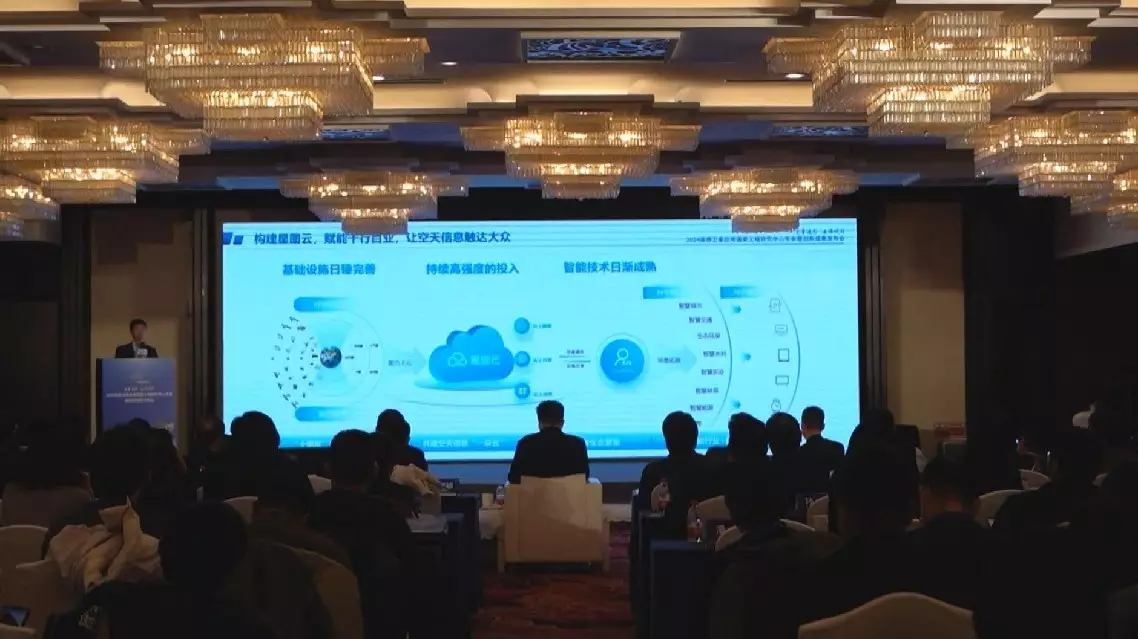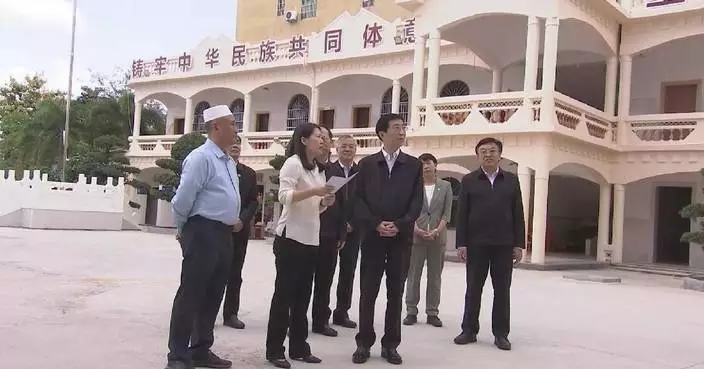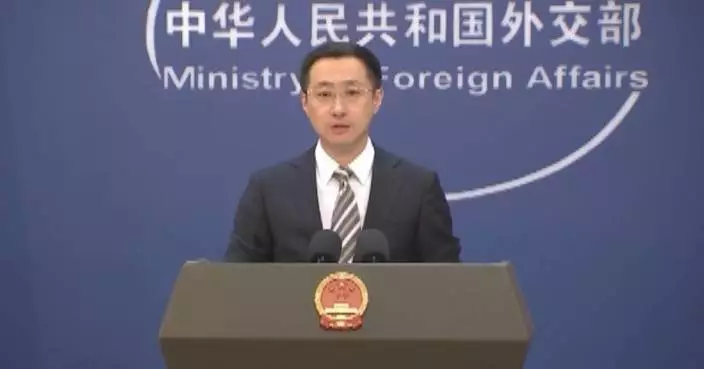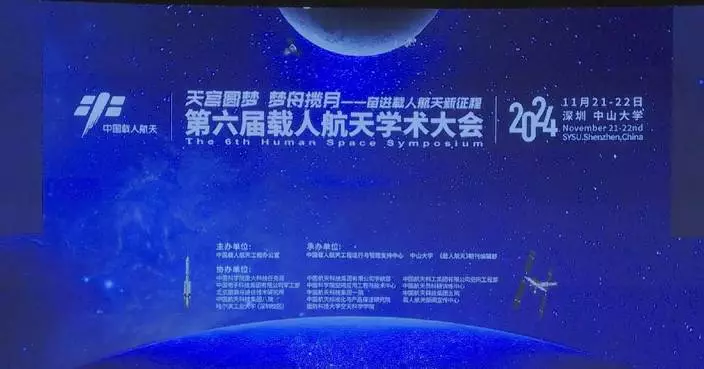Google has condemned a U.S. government order to sell one of its most important assets -- the Chrome search engine.
The United States Department of Justice (DOJ) has demanded Google to sell its Chrome browser, as part of a series of proposed remedies outlined in a court filing late Wednesday. These measures are designed to curb the tech giant's dominance in the online search market and prevent the continuation of its monopoly.
Kent Walker, Google's Head of Global Affairs, claimed that divesting Chrome would compromise security for millions of Americans, stifle investment and harm competitors who charge Google for search placement.
The Department of Justice's approach would result in unprecedented government overreach that would harm American consumers, developers, and small businesses, and jeopardize America's global economic and technological leadership at precisely the moment it's needed the most, he noted in a statement.
Officials also want Google barred from entering the browser market for five years but stopped short of ordering the company to also divest its Android operating system that drives many non-Apple smartphones.
This latest ruling is part of outgoing president Joe Biden's attempts to rein in big tech.
This order represents a significant setback for Google, as reflected in the sharp decline of Alphabet's share price shortly after the DOJ's announcement.
Google has said it will appeal the monopoly ruling.

Google slams U.S. government's order to divest Chrome browser
Seven categories of cutting-edge remote sensing innovations and a cloud-based open platform were unveiled at a press conference on Friday in Beijing, promising to enhance satellite data applications across a wide range of industries.
The event, themed "Quantitative Remote Sensing: Empowering Industries via the Cloud", was co-hosted by the National Engineering Research Center for Remote Sensing Satellite Applications, and the Aerospace Information Research Institute (AIRI) under the Chinese Academy of Sciences (CAS).
It featured the release of 21 common quantitative remote sensing products spanning seven categories including vegetation ecology, water resources, soil, and atmospheric applications.
"Quantitative remote sensing products translate ground observations into measurable physical quantities. For example, crops supply food to humanity through photosynthesis, but how much do they actually produce? By using indicators such as leaf area index or evapotranspiration, we can quantify the solar energy absorbed, enabling detailed and precise analysis. It's fair to say that quantitative remote sensing is deeply connected to people's livelihoods, production, and social development," explained Zhang Bing, director of the National Engineering Research Center for Remote Sensing Satellite Applications.
The event also marked the launch of the GEOvis cloud-based open platform, jointly developed by the National Engineering Research Center for Remote Sensing Satellite Applications and GEOvis, a leading digital Earth technology provider in China.
The platform integrates the seven categories of quantitative remote sensing products into cloud-based services, significantly expanding application scenarios and unlocking potential across various industries.
"We aim to deliver high-quality, standardized common quantitative remote sensing products released today for the entire industry, with robust government support. By making these products directly accessible, we can lower the threshold of applications and enhance the overall performance of remote sensing satellite applications," said Wu Yirong, head of the AIRI, CAS.

Remote sensing innovations, cloud-based platform unveiled in Beijing










